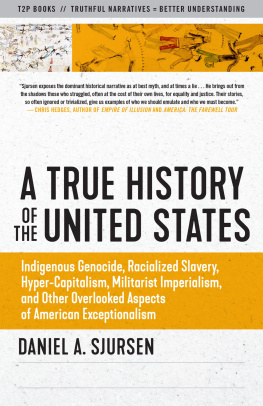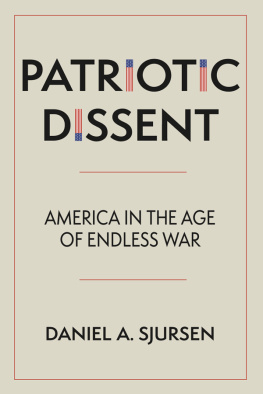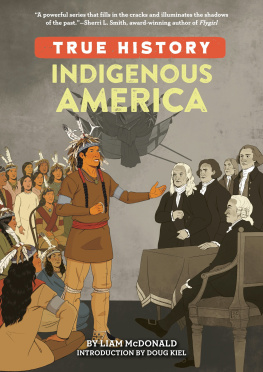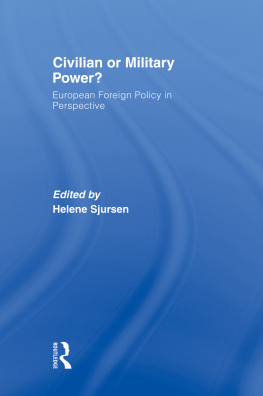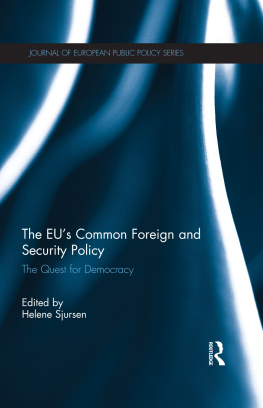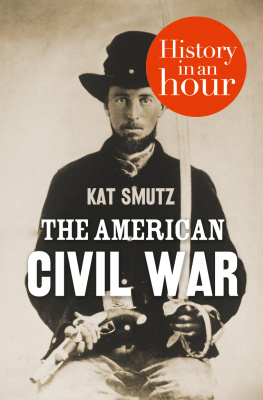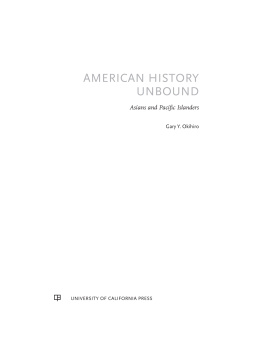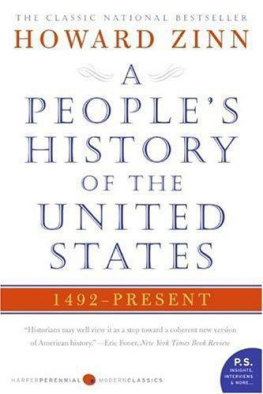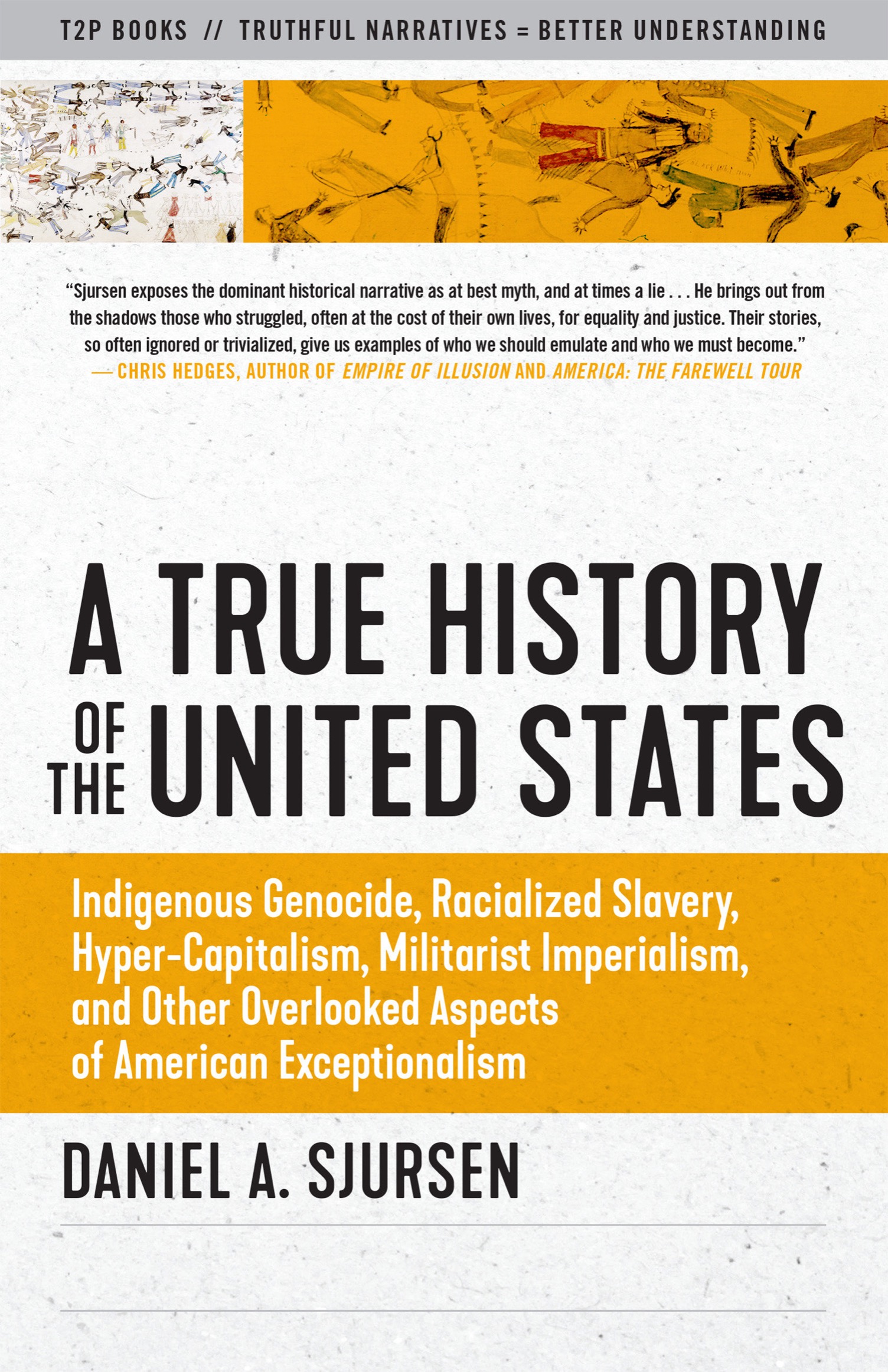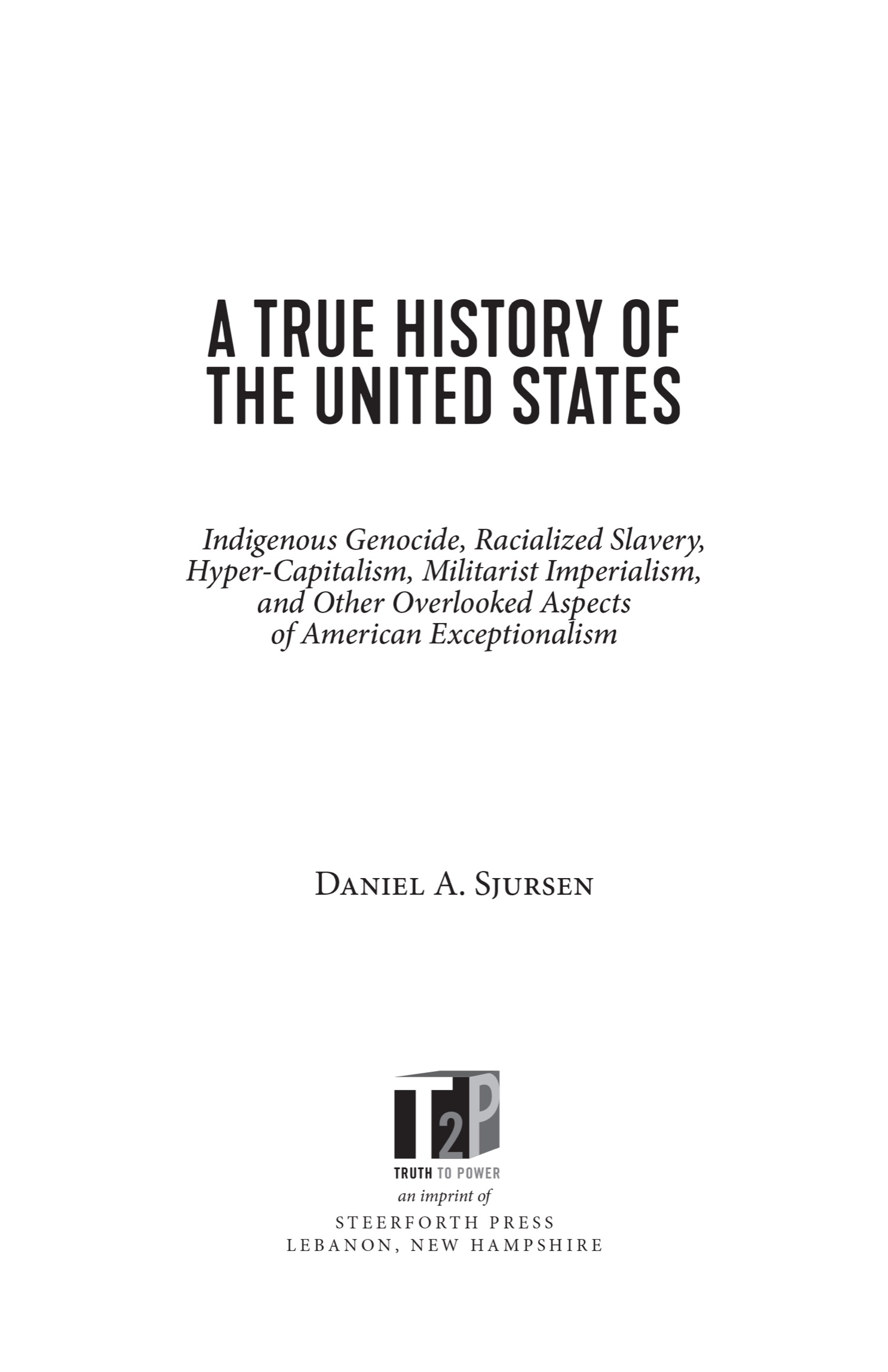Contents
Landmarks
Print Page List
Nobody fuses together two time-honored cliches: those who do not learn from history are doomed to repeat it and the West Point Academy motto of Duty, Honor and Country better than retired US Army Major Daniel Sjursen.
Coleen Rowley, retired FBI Special Agent, 9/11 and Iraq War whistleblower, and Time magazine 2002 Person of the Year
Sjursen knows how to inform, provoke, and inspire. Even better, he knows how to be equal parts tough-minded and open-minded. A True History is for anyone wishing to be pushed beyond their comfort zone in the service of forming a more perfect union in America.
William J. Astore, historian, retired lieutenant colonel (USAF), and author of Hindenburg: Icon of German Militarism
General Ulysses S. Grant felt the US war with Mexico, 18461848, was wrong. In the judgment of real historians like Sjursen, Grant was right. In A True History of the United States, Sjursen explains why such historical candor and accuracy are critical by giving us the reason he taught West Pointers not only that Grant was right in his assessment of our war of aggression and aggrandizement in Mexico but also why historical truth in general is a necessary antidote to the hypocrisy of patriotic nationalism: Exposure to the historical myths and flawsof the country they might very well die for seemed appropriate. Anything less would have felt obscene. Read this book to discover why.
Retired US Army Colonel Lawrence Wilkerson, former chief of staff to the secretary of state, and professor of government and public policy at the College of William and Mary
Copyright 2021 Daniel A. Sjursen
ALL RIGHTS RESERVED
An earlier version of this volumes contents appeared in serialized form at the truthdig.com website under the title American History for Truthdiggers.
For information about permission to reproduce selections from this book, write to:
Steerforth Press L.L.C., 31 Hanover Street, Suite 1, Lebanon, New Hampshire 03766
Cataloging-in-Publication Data is available from the Library of Congress
Ebook ISBN9781586422547
a_prh_5.6.1_c0_r0
CONTENTS
PREFACE
Poll after poll demonstrates that year after year Americans basic historical knowledge reaches newly obscene lows. This trend takes on increasing urgency when we observe political leaders and senior policy makers direct foreign and domestic affairs in the apparent absence of knowledge of relevant historical context. Frankly, it is embarrassing to watch, and often tragic in its human consequences.
I was first struck by the severity of this problem when I returned to my alma mater, the United States Military Academy West Point to teach freshman (plebe) American History 101. I was straight out of graduate school, my sense of the decisive importance of the subject heightened by my tours in Iraq and Afghanistan where I fought in wars begun and waged seemingly without the faintest sense of the regions history. That the cadets would likely, almost inevitably, form the increasingly militarized vanguard of future US foreign policy only added urgency.
Most cadets entered West Point having been taught and thus understanding a rather flimsy brand of US history. These otherwise gifted students understanding of the American past lacked substance or depth and pivoted on patriotic platitudes. Such young men and women hardly knew the history of the country they had volunteered to kill and die for. That, I thought to myself, is how military fiascoes are made.
Throughout my teaching tenure I set myself the task of bridging in some modest way the gap between what scholars know and what students learn. That process and its challenges motivated me to write this book: an enthusiastic attempt to bridge the perhaps unbridgeable academic and public history. No doubt the project will be found wanting, but theres inherent value in the quest, in the very struggle. The skeletal geneses of the chapters that follow were the thirty-eight lesson plans I crafted to impart the broad contours of US history to future leaders of an army at war.
That the often censorious (some will say downright un-American) analyses herein were introduced to presumably patriotic and conservative West Point cadets may seem shocking. That many other history instructors on the faculty presented not altogether dissimilar concepts may be more surprising still. Nonetheless, as Martin Luther King Jr. often warned: We should not confuse dissent with disloyalty. In todays politically and culturally tribal times, unfortunately, this seems the reflexive response to any manner of disagreement.
I make no apologies for having presented combat-bound cadets with undeniable dark facts and some critical conclusions common among esteemed scholars. Exposure to the historical myths and flaws in addition to the well-worn triumphs of the country they might very well die for seemed appropriate. Anything less would have felt obscene.
I write this preface amid both a deadly pandemic and widespread demonstrations in communities large and small inspired by the Black Lives Matter movement that have shaken many Americans perceptions of the nations political and economic systems to the core. Whether these historically unprecedented events will translate into structural or lasting change is unclear, but theres no better time to translate the version of American History 101 that I taught at West Point to a public audience and to pose the salient question: What, exactly, is exceptional about the United States?
America is exceptional not always in ways that should engender patriotic pride, but rather often in ways that should cause us to reflect, take stock, and strive to do better. Plenty of other countries, for instance, sport equally (if not more) free and democratic societies; dozens are healthier and provide superior medical care; some are even more affluent.
Hardly any, however particularly in the wealthier developed world have such vast wealth gaps, disparate health services and outcomes, or traditionally weak left-labor parties. Essentially none imprison quite so many of their citizens, militarily garrison the globe, or fight even a fraction as many simultaneous far-flung wars. Even if we were to set aside any associated value judgments, it bears asking why historically speaking this is the case.
Why does the United States have income inequality rates equivalent to those of its Gilded Age more than a century earlier?
Why didnt its citizens insist upon, or achieve, universal public health care before and especially after the Second World War, when most of its Western allies and even adversaries did?
Why was there, at least in comparative terms, never a viable socialist or serious labor party alternative in mainstream American politics?
Why has an unprecedented class- and especially race-based mass incarceration regime developed in the nation that most loudly proclaims its dedication to freedom?
And why is it the United States wages undeclared warfare across the planets entirety?
Many of the answers actually lie in the past, in the historical development of US politics and society. These aspects of the darkly exceptionalist present can only be understood through and partly explained by a better understanding of four ghastly themes underpinning American history but largely glossed over in standard, introductory survey classes: indigenous genocide, racialized slavery, hyper-capitalism, and militarist imperialism.

